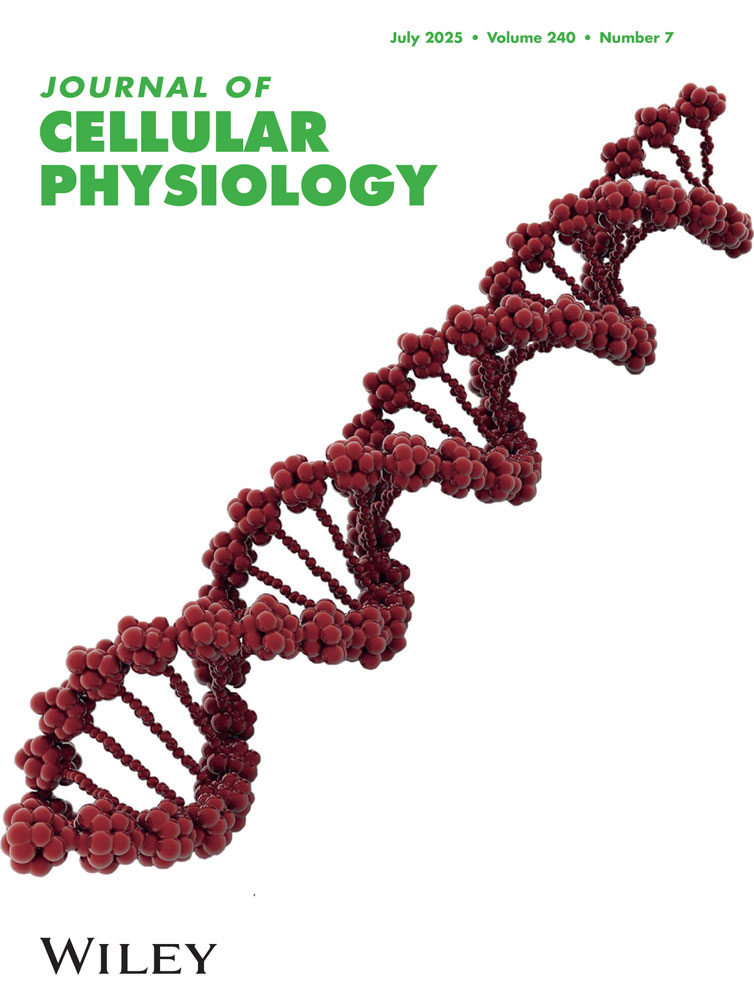Prostaglandin mediated modulation of transforming growth factor-β metabolism in primary mouse osteoblastic cells in vitro
Abstract
Prostaglandins and transforming growth factor-β (TGF-β) are both important local regulators of bone metabolism, but their actions on bone are complex. Prostaglandins mediate bone loss due to immobilization, but prostaglandin E2 (PGE2) treatment stimulates bone formation in vivo. TGF-β may have both anabolic and catabolic effects on bone in vitro. In this study, we tested the effects of PGE2 on TGF-β release and on TGF-β messenger RNA (mRNA) levels in neonatal mouse calvarial cell cultures. We also examined the relationship between endogenous prostaglandin production as a result of mechanical stress and the release of TGF-β. Addition of PGE2 (10−8 − 10−6 M) to the culture medium stimulated the release of TGF-β peptide (active plus latent) after 24 and 48 h in a dose-related manner. This upregulation was paralleled by an increased expression of TGF-β mRNA levels. Mechanical stimulation by 1 h treatment with pulsating fluid flow (producing a shear stress of 0.5 ± 0.02 Pa at 5 Hz) resulted 1 h posttreatment in increased production of PGE2, prostaglandin I2 (PGI2), and prostaglandin F2a. In addition, the release of TGF-β activity but not TGF-β peptide was decreased 24 h after PFF treatment. Addition of indomethacin, which blocks endogenous prostaglandin production, neutralized the effect of PFF treatment on TGF-β activity, indicating that the effect of stress was mediated by endogenous prostaglandins. These results suggest that PGE2 and other prostaglandins (probably PGI2 and/or PGF2a) have opposite effects on TGF-β metabolism in bone cells, as PGE2 upregulates TGF-β expression and synthesis while other prostaglandins downregulate TGF-β activation. © 1996 Wiley-Liss, Inc.




